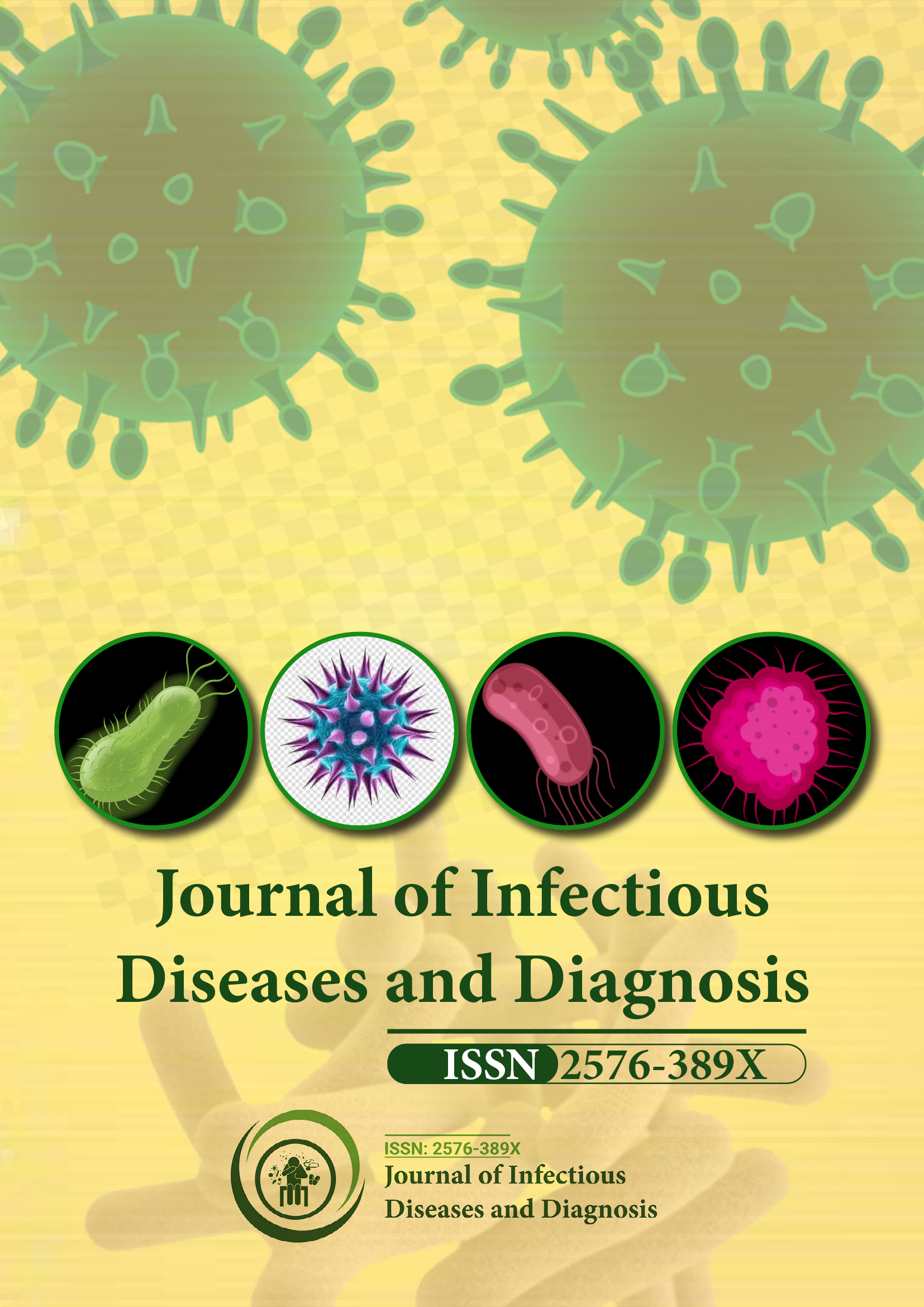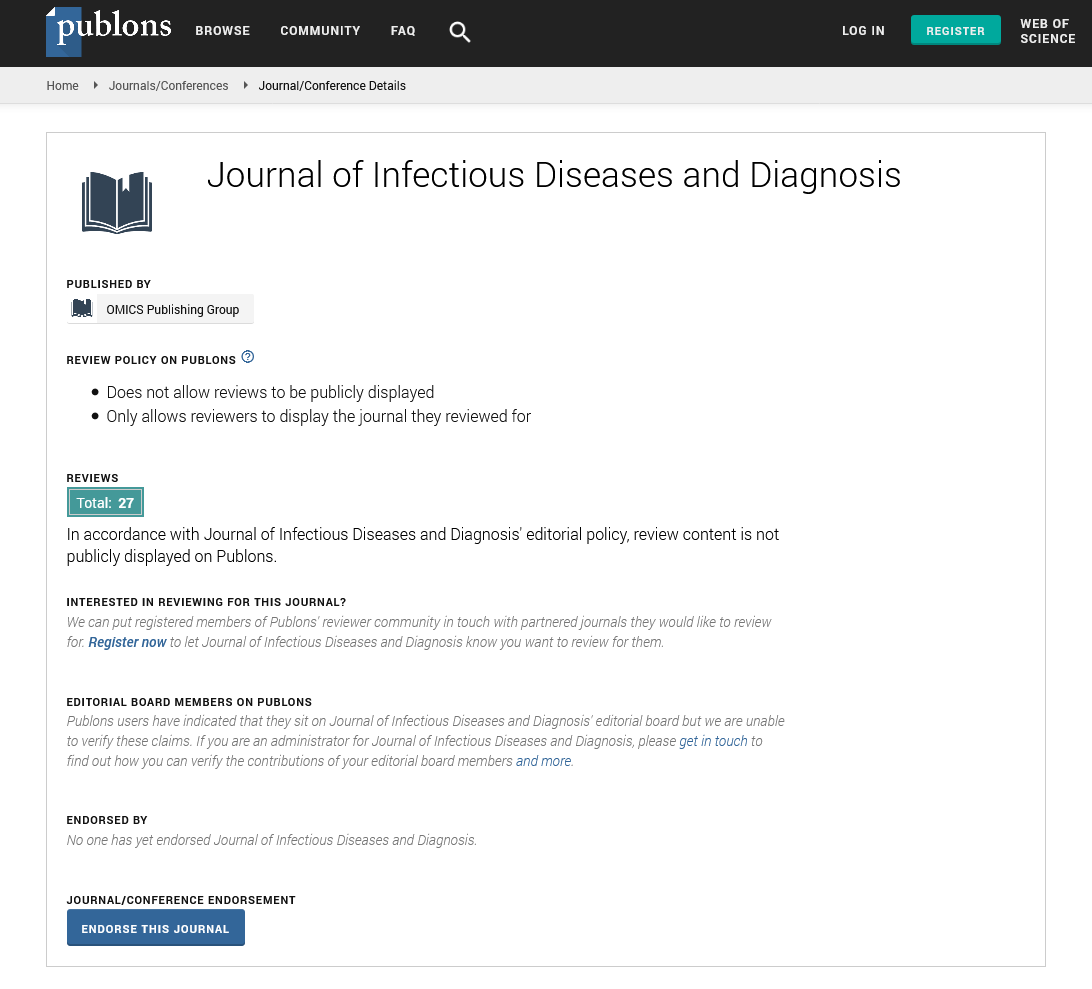Indexed In
- RefSeek
- Hamdard University
- EBSCO A-Z
- Publons
- Euro Pub
- Google Scholar
Useful Links
Share This Page
Journal Flyer

Open Access Journals
- Agri and Aquaculture
- Biochemistry
- Bioinformatics & Systems Biology
- Business & Management
- Chemistry
- Clinical Sciences
- Engineering
- Food & Nutrition
- General Science
- Genetics & Molecular Biology
- Immunology & Microbiology
- Medical Sciences
- Neuroscience & Psychology
- Nursing & Health Care
- Pharmaceutical Sciences
Abstract
Linking Private Health Sector to Public COVID-19 Response in Kisumu, Kenya: Lessons Learnt
Background: COVID-19 is overwhelming health systems universally. Increased capacity to combat the epidemic is important, while continuing regular healthcare services. This paper describes an innovative Public Private Partnership (PPP) against COVID-19 that from the onset of the epidemic was established in Kisumu County, Western Kenya.
Methods: An explanatory research design was used. Qualitative in-depth interviews (n=49) were conducted with purposively selected participants including patients, health workers, and policy makers. Thematic analysis was undertaken on interview transcripts and triangulation was performed.
Results: The PPP hinged through the provision of central diagnostic COVID-19 services through a parastatal institute (KEMRI). Complementary tasks were divided between Kisumu Department of Health and public and private healthcare providers, supported by an NGO. Facilitators to this PPP included implementation of MOH Guidelines, digitalization of data, strengthening of counseling services and free access to COVID-19 testing services in private facilities. Barriers included, data accessibility, sub optimal financial management.
Conclusion: Coordinated PPP can rapidly enhance capacity and quality of COVID-19 epidemic management in African settings. Our PPP model appears scalable, as proven by current developments. Lessons learnt from this initial PPP in Kisumu County will be beneficial to expanding epidemic preparedness to other Counties in Kenya and beyond.
Published Date: 2022-06-10; Received Date: 2022-05-10

